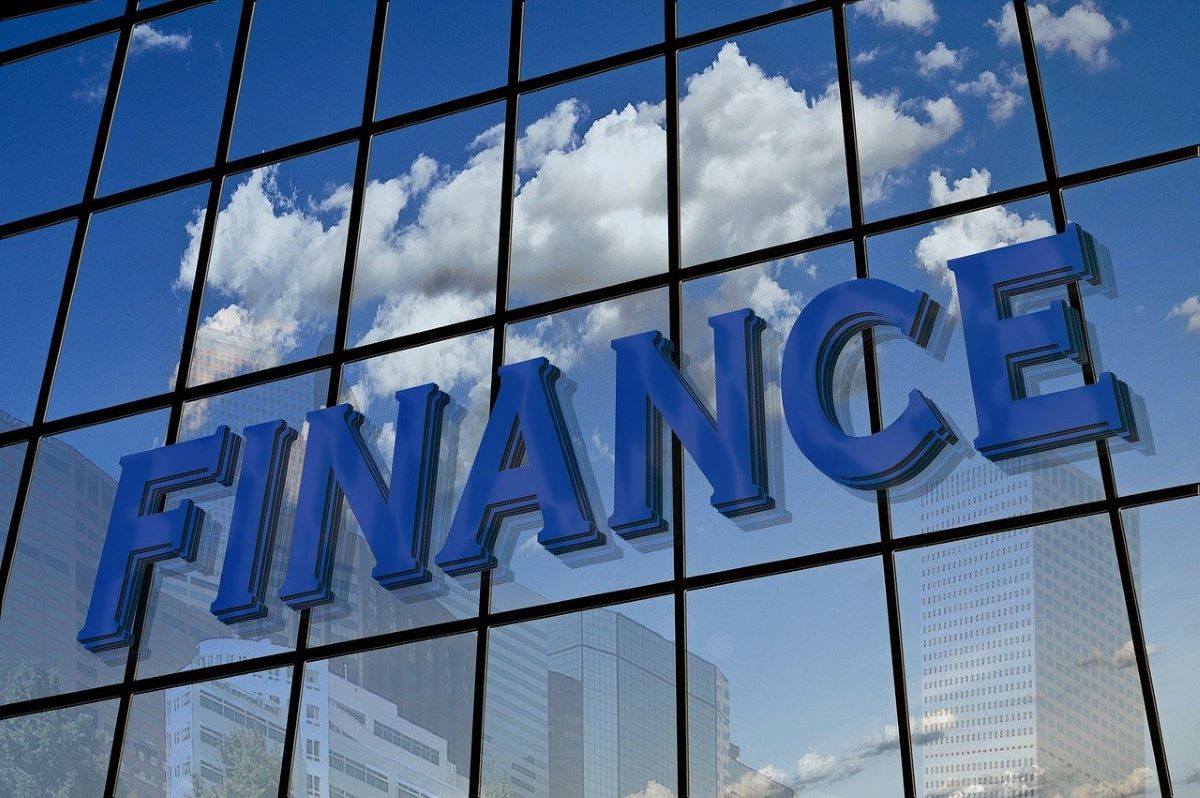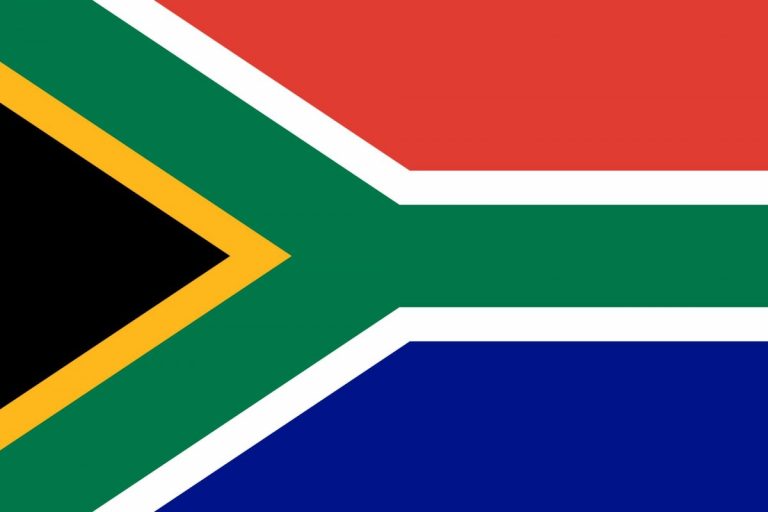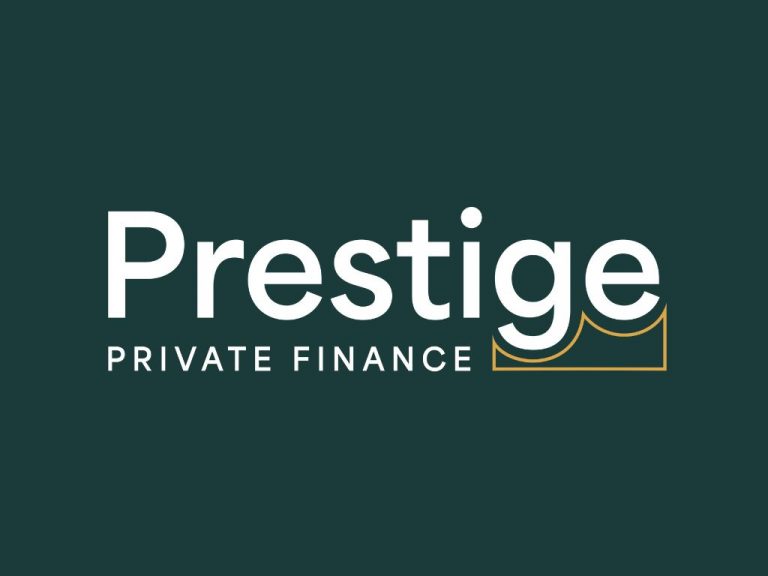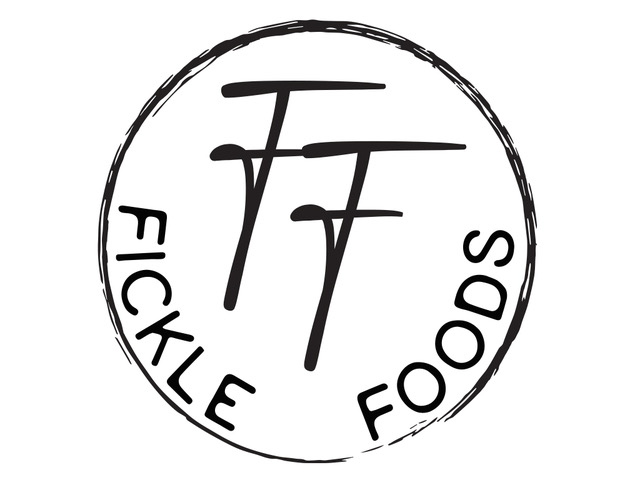Money Transfers Wise

Pass To
Information about opening a bank account from South Africa
- If you want to open a bank-like UK account without proof of address, Wise, Monese, Revolut and Monzo are a few online services that may possibly set up a UK account without residency. All offer UK account numbers and sort codes and debits cards you can use in retailers or pay for items online.
- How can I open a bank account from South Africa
Check the exchange rate
You can find out the exact value of your money in GBP, using an online currency converter
Bank accounts
You will need to open a UK bank account to handle certain payments, such as your salary and some of your outgoing payments.
When you open a bank account in the United Kingdom you may need to supply the following, but it can also depend on each individual banks requirements.
Two documents: one to prove your identity and one to prove your address. This applies both in-branch and online.
Proving your identity is simple. You just need your passport, driving licence, or possibly identity card
You’ll also have to prove your address by providing another document.
Documents that you may be able to use as proof of address

Every bank has its own list of documents that are acceptable as proof of address. Broadly speaking, these include:
- a tenancy agreement or mortgage statement;
- a recent electricity or gas bill (less than 3 months old);
- a recent (less than 3 months old) bank or credit card statement that’s not printed off the internet; or
- a current council tax bill.
- TV Licence
- UK Drivers licence
- Recent credit card or bank statement
- Recent Building Society or Credit Union statement
Things to consider when choosing a bank
Because you’re new to the UK, you will have a limited credit history. Some banks are strict with their requirements, so opening a bank account with them may be difficult.
It may be easier to open an account with one of the UK’s largest banks – Barclays, Lloyds, HSBC or NatWest. These banks have been in business for a long time.
They also have a lot of experience dealing with people immigrating to the UK from other countries, so they’re a bit more understanding of your situation and may be more flexible with their requirements.
The Four big UK banks

Barclays
Barclays is a British universal bank that support consumers and small businesses through their retail banking services, and larger businesses and institutions through their corporate and investment banking services.
They operate as two divisions, Barclays UK and Barclays International, supported by a service company, Barclays Execution Services.
Barclays headquarters are in London, England.
Lloyds
Lloyds are a financial services group focused on retail and commercial customers.
They have millions of customers in the UK, and a presence in nearly every community.
Lloyds Banking Group plc is a British financial institution formed through the acquisition of HBOS by Lloyds TSB in 2009.
HSBC
HSBC is one of the world’s largest banking and financial services organisations. They serve more than 40 million customers through their global businesses.
Wealth and Personal Banking, Commercial Banking, and Global Banking & Markets.
NatWest Group
NatWest Group plc is a majority state-owned British banking and insurance holding company, based in Edinburgh, Scotland.
The group operates a wide variety of banking brands offering personal and business banking, private banking, insurance and corporate finance.
Recommend by our Facebook group
We asked our Facebook group which bank they would recommend by means of a poll and the results can be seen below:
| Rank | Bank | Recommended % |
|---|---|---|
| 1 | Lloyds | 31% |
| 2 | HSBC | 20% |
| 3 | Monzo | 17% |
| 4 | Barclays | 9% |
| 5 | Nationwide | 5% |
| 6 | Natwest | 4% |
| 7 | Santander | 4% |
| 8 | Halifax | 3% |
| 9 | Starling | 3% |
| 10 | Revolt | 2% |
| 11 | Metro | 1% |
| 12 | Royal Bank of Scotland | 1% |
Some of the banks in the United Kingdom
Guides and tools to help you find the best bank account
- Top cards for under-18s
- Basic bank Accounts
- Student bank accounts
- Reclaim bank charges
- Open banking explained
- Interest rates
- Sending money abroad
- Budget planner
- Money transfer credit cards
Financial planning

Financial planning is a way to meet ones life goals.
Essentially, it helps you be in control of your income, expenses and investments such that you can manage your money and achieve your goals.
Credit Cards

Find out your chances of being accepted for a credit card
Balance transfer credit cards
Credit card rewards
How do travel credit cards work?
The 7 need-to-knows when spending abroad
How to complain about your credit card
Bad credit bank accounts
If you’ve a poor credit score, you might have struggled to find a bank account that will accept you.
A basic bank account may be a solution.
Take a look through this guide, which may be helpful.
Basic Bank Accounts
Easiest-to-get basic bank accounts
Alternatives to basic bank accounts
What is a basic bank account ?
Six basic bank account need-to-knows
Basic bank accounts FAQ
Finance complaints
If you have an issue with your bank, building society, loan provider or packaged bank account and feel you’ve been dealt with unfairly, then raise your issue for free with Resolver.
What is credit rating and credit score ?
A credit rating shows how likely a typical lender would be to offer you credit.
When you apply for credit such as a loan, credit card or mortgage – the lender tries to predict your future behaviour based on the way you’ve acted in the past.
How to improve your credit score
Pay bills on time
Payment history is the single biggest factor that affects credit scores
Make frequent payments
If you are able to make small payments — often called micropayments — throughout the month, that can help keep your credit card balances down and improve your credit.
Ask for higher credit limits
When your credit limit goes up and your balance stays the same, it instantly lowers your overall credit utilization, which can improve your credit. Call your card issuer and ask if you can get a higher limit without a “hard” credit inquiry, which can temporarily drop your score a few points.
Dispute credit report errors
A mistake on one of your credit reports could be pulling down your score. Fixing it can help you quickly improve your credit.
Keep credit cards open
If you’re trying to improve your credit profile, closing credit cards can make the job harder. Closing a credit card means you lose that card’s credit limit when your overall credit utilization is calculated, which can lead to a lower score. Keep the card open and use it occasionally so the issuer won’t close it.
Top tips to help you improve your credit score.
Check your credit score
Loans
- Loans Eligibility Calculator
- Cheap personal loans
- Cheap personal car loans
- Loan cost calculator
- Personal Loan Calculator
Top Lifetime ISAs (LISAs)
How they work, who they’re for and which provider pays the most
Check the exchange rate
You can find out the exact value of your money in GBP, using an online currency converter
Scotland

Scottish currency is the British Pound (GBP) and all notes that say “Pound Sterling” are accepted. Both Scottish and English notes are widely used in Scotland
Information about Currency in Scotland
Some of the best banks in Scotland
- Royal Bank of Scotland. This is one of the best banks in Scotland, In 1727, the Royal Bank of Scotland was established in Edinburgh
- Clydesdale Bank Clydesdale Bank is a trading name used by Clydesdale Bank plc for its retail banking operations in Scotland.
- Bank of Scotland The Bank of Scotland plc is a commercial and clearing bank based in Scotland and is part of the Lloyds Banking Group, following the Bank of Scotland’s implosion in 2008
- Halifax. Halifax is a division of Bank of Scotland plc
- Barclays Barclays is a British multinational universal bank, headquartered in London, England.
- Lloyds TSB Lloyds Bank plc is a British retail and commercial bank with branches across England and Wales. It has traditionally been considered one of the “Big Four” clearing banks.
- HSBC. HSBC’s global business operations in Scotland include its retail bank, private bank, corporate bank and investment bank. Scotland is also home to several HSBC retail branches.
South African Expat Tax

Helpful Guidance and Information
















